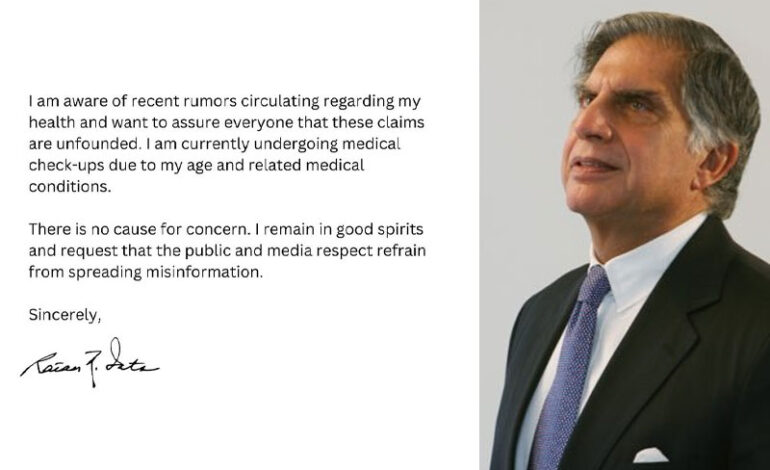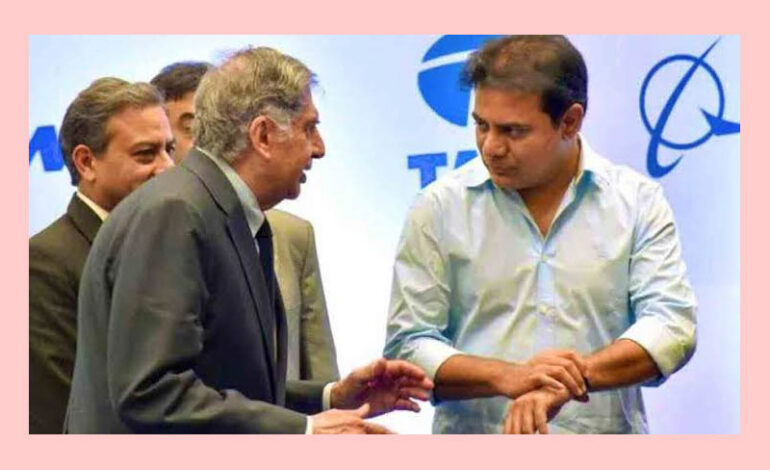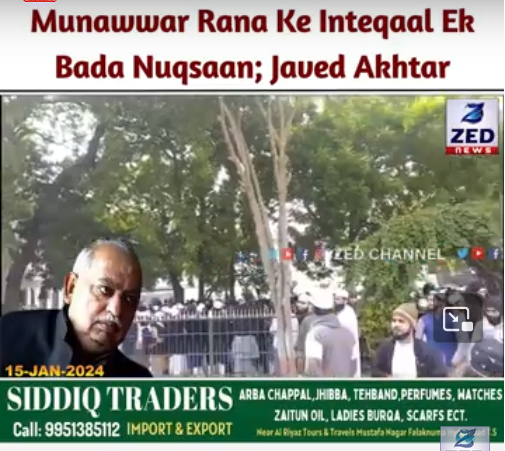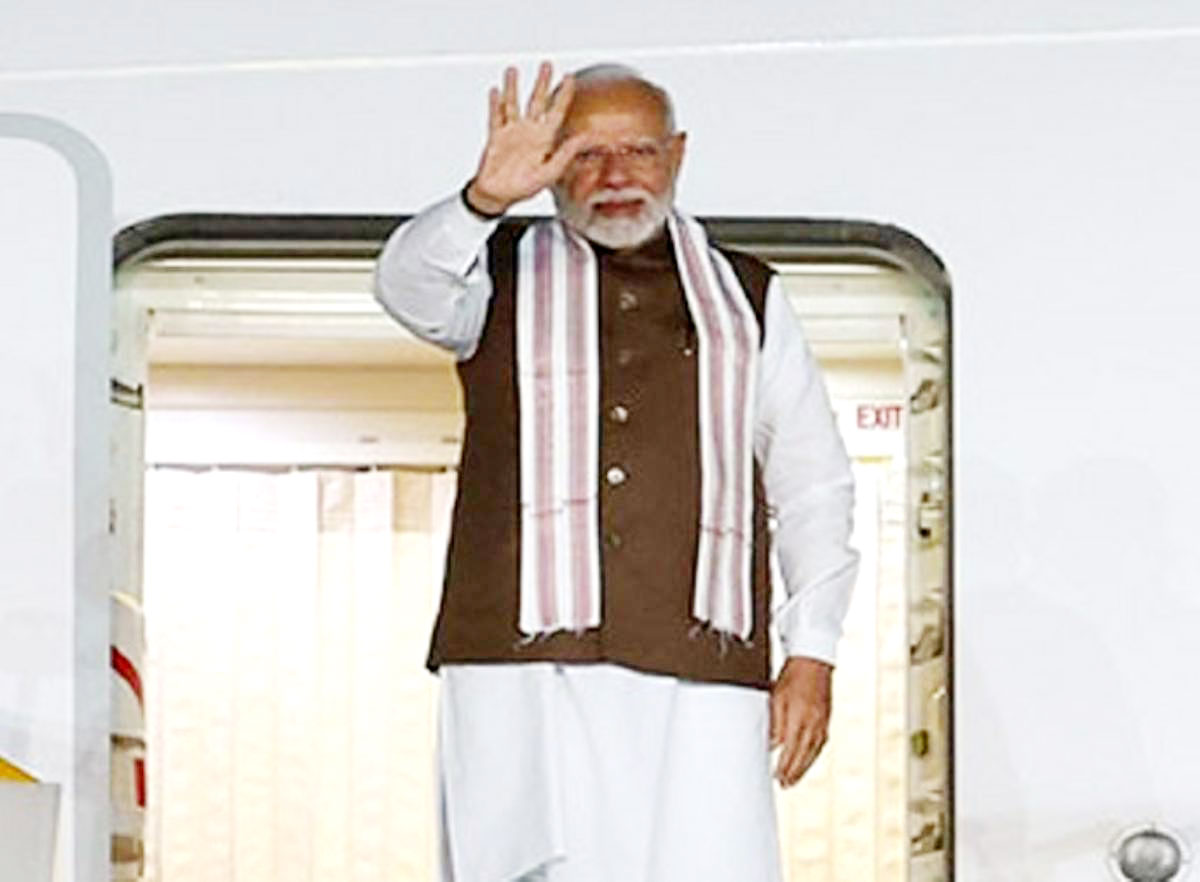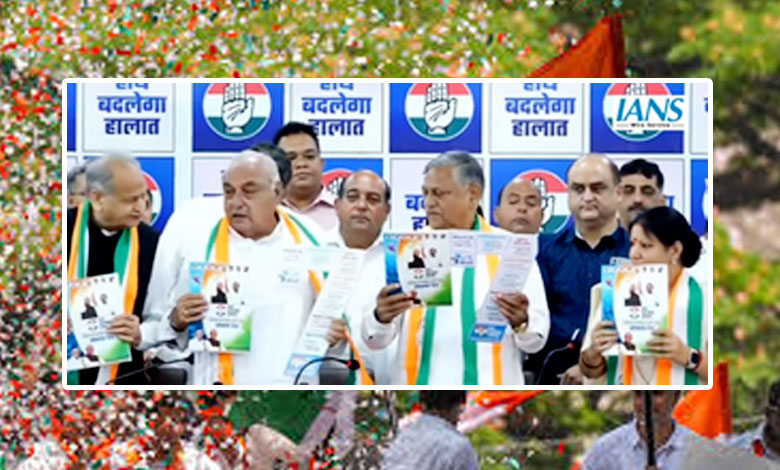Mumbai: Ratan Tata, the 86-year-old patriarch of the Tata Group, passed away due to age-related complications at Breach Candy Hospital. Tata, who led the renowned conglomerate from 1991 until his retirement in 2012, left behind a legacy that transformed the group into a global giant. Since stepping down, he held the title of Chairman Emeritus, guiding the nearly $130-billion salt-to-software empire.
The Tata Group confirmed his demise in a formal statement, marking the end of an era for one of India’s most respected industrialists and philanthropists.
Earlier, on Monday, Tata had taken to X (formerly Twitter) to debunk rumors about his health, stating, “I am aware of recent rumors regarding my health, and I want to assure everyone that these claims are unfounded. I am currently undergoing medical check-ups due to age-related medical conditions. There is no cause for concern. I remain in good spirits.” Despite these assurances, his health took a critical turn shortly afterward.
Ratan Tata’s two-decade tenure as chairman witnessed remarkable growth for the group, spearheaded by major acquisitions that cemented Tata’s international presence. His leadership oversaw the acquisition of Tetley Tea in 2000, Corus Steel in 2007, and Jaguar Land Rover in 2008, all of which elevated the group’s global profile. The JLR acquisition, in particular, proved to be a massive success, driving a significant portion of Tata Motors’ revenue.
Tata also played a key role in making Tata Consultancy Services (TCS) India’s largest software firm, competing with industry giants such as Infosys and Wipro. Today, TCS is one of the most profitable companies in the country, generating nearly Rs 60,000 crore in profit annually.
Ratan Tata was born on December 28, 1937, into a prominent family. After his parents separated when he was just seven, he and his brother Jimmy were raised by their grandmother. He graduated in architecture from Cornell University in 1962 and later completed an advanced management program at Harvard in 1975.
Starting his career at Tata Steel, Ratan worked his way up the ranks, eventually succeeding JRD Tata as chairman in 1991. Under his leadership, the group expanded from Rs 10,000 crore in revenue to a staggering Rs 4.51 trillion by the time he stepped down in 2012.
Despite his many achievements, his tenure was not without challenges. Tata faced criticism during the 2G telecom scam and later found himself at the center of controversy during the Cyrus Mistry ouster in 2014. Nevertheless, Tata remained deeply respected, not just for his business acumen, but also for his philanthropy, which continues to benefit millions.
With his passing, India has lost an iconic leader whose contributions to industry and society will be remembered for generations.

